- Fierce fighting breaks out near junta’s No. 344 Artillery Regiment in Yekyi Twsp
- Indigenous communities in Chittagong Hill Tracts struggle amid ARSA threats
- Weekly Highlights from Arakan (Feb 16 to 22, 2026)
- Hindus struggle with livelihood hardships amid job shortages in Arakan State
- Equipment from Chinese-owned VPower plant in Kyaukphyu to be fully relocated amid growing conflict
Worries about spread of mosquito-borne illnesses at IDP camps
Mosquito-borne illnesses are a growing concern expressed among the in-charges of camps for internally displaced people (IDPs) in Arakan State as the rainy season settles in.
08 Jun 2020
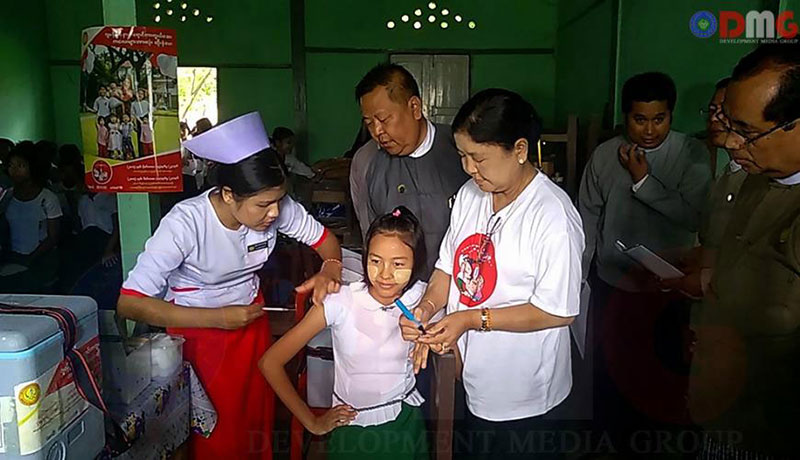
Kyaw Thu Htay | DMG
8 June, Sittwe
Mosquito-borne illnesses are a growing concern expressed among the in-charges of camps for internally displaced people (IDPs) in Arakan State as the rainy season settles in.
One such camp manager, U Sein Hla Maung, flagged mosquito breeding in drainage channels near an IDP camp in the Myothit ward of Mrauk-U Township, where about 1,000 IDPs are sheltering.
“It is impossible to clean the bottoms of houses as the houses are not high. Mosquitos and flies breed through toilets and drainage channels when the camp is flooded. We are worrying about outbreaks of seasonal influenza and cholera as the rainy season has set in,” U Sein Hla Maung told DMG.
He emphasised the importance of timely mosquito repellent spraying by the Health Department in order to prevent outbreaks of such diseases. In-charges informed government health staff about the need for outdoor spatial spraying at the IDP camps, but no programme has yet been undertaken, U Sein Hla Maung added.
The Tin Nyo IDP camp in Mrauk-U Township, where more than 3,000 people are sheltering, requires both mosquito repellent and nets, said U Wai Hla Aung, an in-charge of the camp.
“As the IDP camp is flooded with many people, the camp has a lot of mosquito breeding grounds,” he explained. “The Health Department needs to spray mosquito repellent at the camp in order to prevent the children from being infected with dengue fever. If the department is unable to fumigate the camp, it needs to distribute mosquito nets. [Otherwise] the IDPs have to use torn mosquito nets they got last year.”
Ongoing fighting between the military and the Arakan Army (AA) in Arakan State has displaced more than 164,000 people, many of whom now live at IDP camps.
Dr. Soe Win Paing, assistant director of the Arakan State Health Department, said the department has directed relevant health staff to spray repellents to kill off mosquito larvae.
“If necessary, the Health Department will carry out fumigation. This season is fly breeding season. There is no systematic garbage disposal. Flies will breed if there is no system,” said Dr. Soe Win Paing. “We can spray lime powder to repel flies. The department can only direct them to spray lime powder. It depends on the in-charges.”
From February until June 1, 48 people were infected with dengue fever in Arakan State.
In 2019, 1,808 dengue transmission cases and eight fatalities were reported in Arakan State, according to Health Department data.





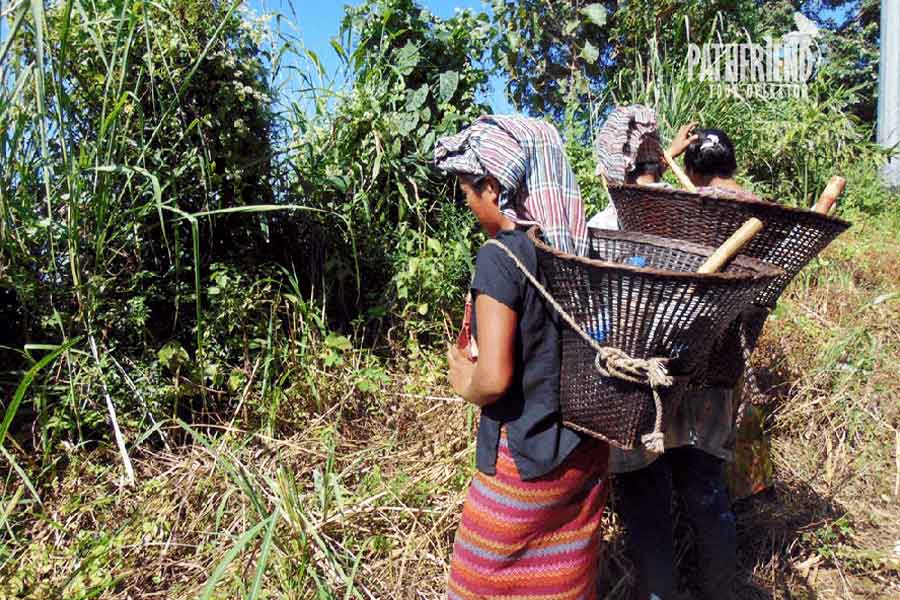
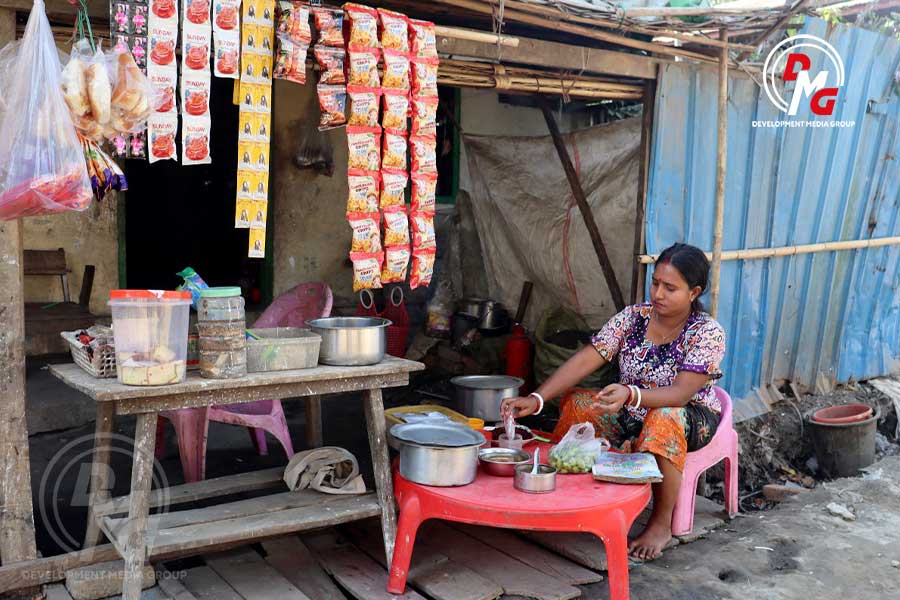
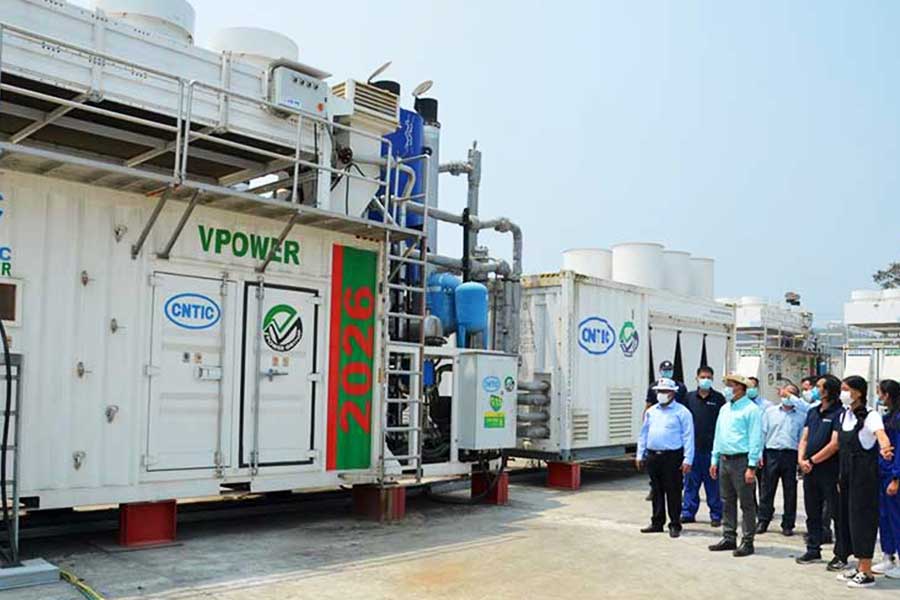
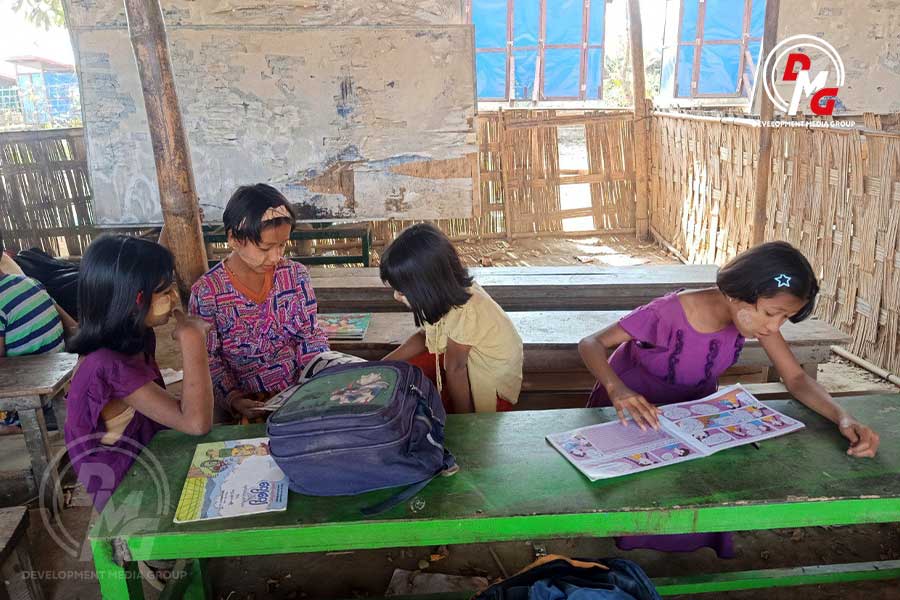








.jpg)